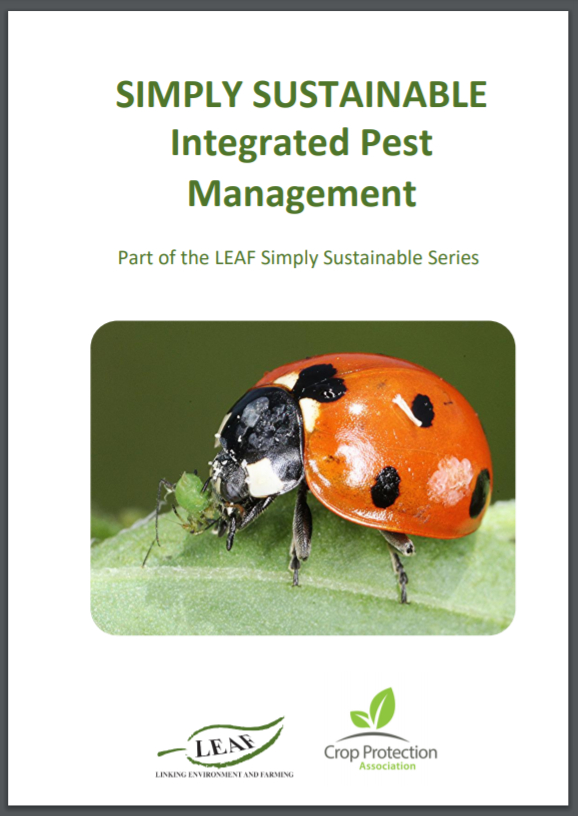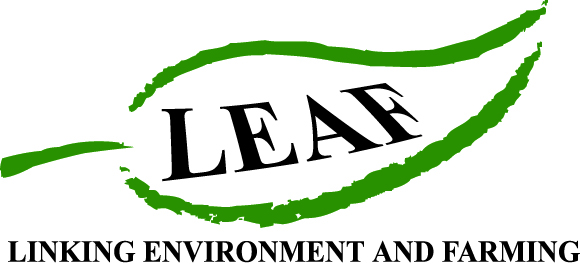 Here is an update from LEAF for the Farming Futures project - Horticultural Section by Lucy Bates:
Here is an update from LEAF for the Farming Futures project - Horticultural Section by Lucy Bates:
Pest management is never far from the top of the agenda in any growing system, and the tastiness of Penwith’s brassica crops along with the clemency of its winters make this a real issue for growers in the area. Control of insects and pathogens that are keen for the greens, whilst keeping produce on the shelves year round, and safeguarding vital ecosystems is a key part of the skill of the grower backed up by ongoing research.
At LEAF, utilising all possible options to maximise production whilst minimising collateral damage to non-target species and habitats, also known as Integrated Pest Management or IPM, is core to our integrated approach to crop health and protection through Integrated Farm Management (IFM) and has been throughout our 30 years at the forefront of agricultural sustainability. IPM is not a new concept and almost all growers are already practising it in some form, but as options for synthetic chemical solutions are reduced through legislation and resistance it is gaining importance and ground.
June was IPM month at LEAF, with the release of an IPM podcast and publication (in collaboration with the Crop Protection Association, NFU and Voluntary Initiative among others) of the latest in our popular and practical ‘Simply Sustainable’ series, Simply Sustainable IPM. This is an on-farm guide to putting into practice the 8 principles of IPM which are:
- preventing and suppressing the build-up of harmful organisms
- monitoring pest populations and forecasting of impact
- use of thresholds to determine when to intervene
- considering all options for pest control (including non-chemical)
- selection of appropriate interventions considering all potential risks
- minimising chemical intervention by maximising efficiency of application
- strategising to prevent the build-up of resistance in pest populations
- reviewing the success of a chosen strategy for continuous improvement
In addition, we adapted what was going to be a farm-based meeting into an “IPM in Arable” Virtual Field Day where a LEAF Demonstration Farmer, a LEAF Innovation Centre technical specialist and two world class researchers presented their work. They discussed the challenges and triumphs of implementing IPM to the benefit of both their cropping and the environment it depends on, and took questions from a diverse audience of farmers, researchers and press. It was a great event, and with the added bonuses of no-one needing to travel to attend, plus it being rewatchable retrospectively!




